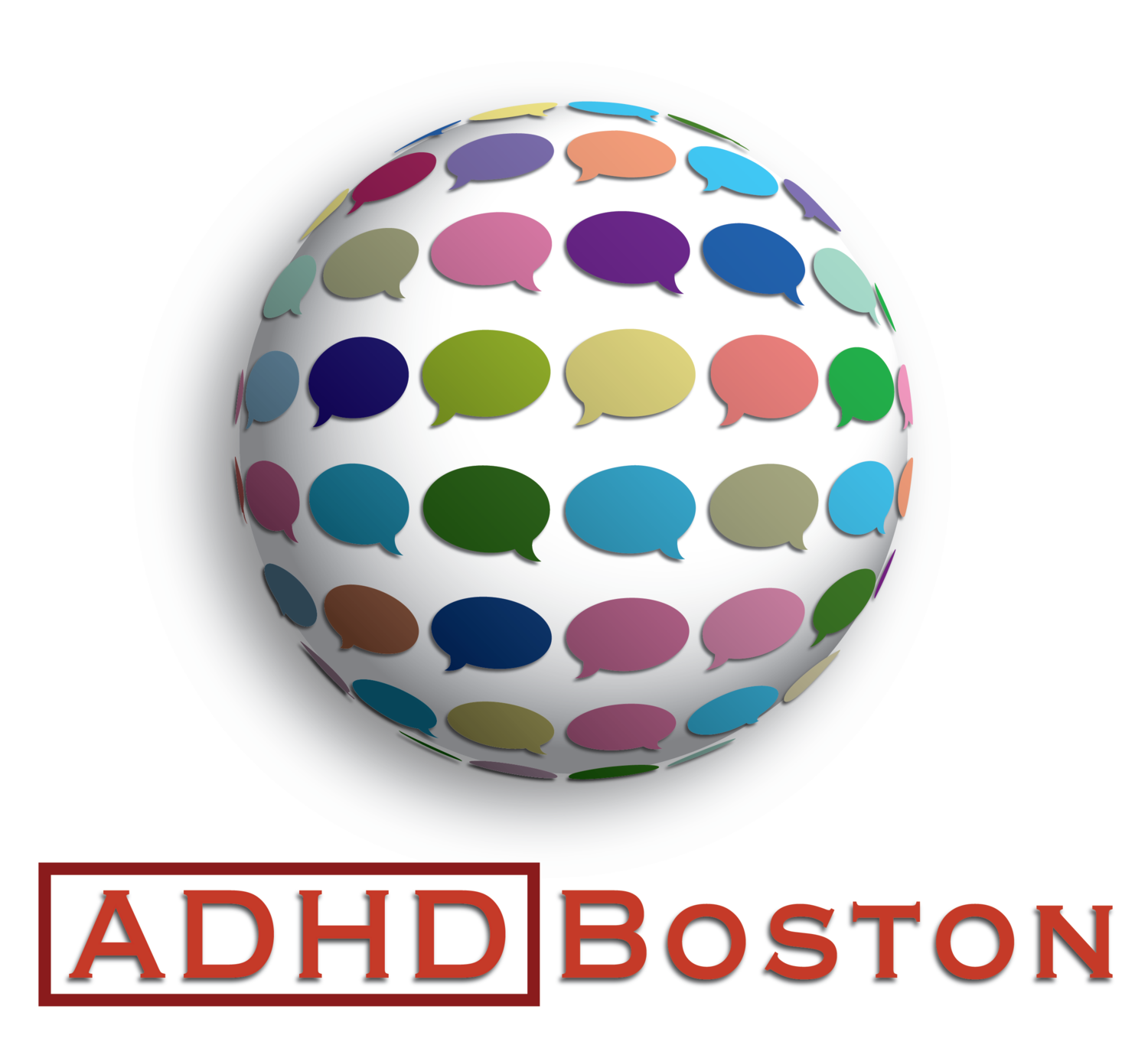Attention is always present when you are awake. It is the essence of consciousness. It is either directed or not. When it is not, it is scanning for something to rest upon. The state of scanning attention may be either vigilant (actively searching) or passive (waiting for something to pop up).
In ADHD, attention is not deficient, but directed attention is often more difficult to achieve. That means it is in the scanning mode more of the time. The factors which result in conversion from scanning attention into focused are the same for those with ADHD as they are for everyone.
Once attention is directed (focused), it is either sustained or transient.
Sustained attention can last for less than a second, or more than an hour.
It can take less than a second for impetus, the conversion from attention into action, to happen. This force, which has been the subject of debate in philosophy and science since Plato, is ephemeral and magical. It is the spark, the energy of activation, that converts thought (neurons in your brain sending signals to each other) into action, the outward manifestation of life force, creating reality from brain waves. True alchemy, creating something from nothing.
Action within a fraction of a second is either impulsive (lacking forethought), reflexive (physical response to pain or danger) or automatic (ingrained, programmed behavior from practice). Once attention lingers for more than a few seconds prior to action, a process is taking place which results in a decision. To Do or Not To Do. It is this process that makes all the difference.
Millions of times each day, your attention comes to rest, however fleetingly, upon a subject or object. Thousands of times each day, you initiate some form of action as a result, from the time you get up out of bed to the time you turn off the lights (or doze off watching YouTube). You clean and dress yourself, eat, drink, talk, drive, type on a keyboard, solve problems, help people, answer questions, create something, play, laugh and maybe cry. Out of the millions of moments your attention is directed each day, only a small fraction result in any action. It can’t be otherwise, as there is a limited amount of time in which to do things, and your mind works much faster than the speed of reality. Additionally, there are relatively few things out of millions which require action. Of the things that do not meet this requirement, very few create memory. The more fleeting the attention, the less of an impression is made in the mind.
ADHD is a list of traits, what we psychiatrists call symptoms. People with these traits often act impulsively, or have difficulty making decisions about whether to act, what to act upon, and when to take action. Their attention is scanning, sometimes vigilantly and sometimes passively, but it is always on. Their impetus equation is either triggered quickly or requires consideration and time, often in the form of a deadline. Millions of moments throughout their day are attended to, however briefly, and some are acted upon. The result can be more impulsivity and ambivalence. Too much consideration or not enough.
It is this fine line that is the difference. The impetus equation is out of balance.
If we’re honest with ourselves (and others), we would all admit to acting impulsively at times, taking too long to consider alternatives while an opportunity slips away, or delay making a decision about whether to take action because the variables are overwhelming. In fact, it is frequently impossible to say if an action is rash and impulsive or hesitant and delayed. We can’t make the judgement based solely on time, because some quick decisions are good and some made after lengthy consideration are bad.
The description of ADHD states clearly that not enough attention is given to some things - a deficit. As it turns out, this is completely wrong. Too much attention is given to too many things, which results in inaction, even when the action involves something enjoyable or interesting. The problem is not with attention but with consideration, and it is not a deficit.
People with ADHD have minds that see all of the alternatives, all of the time. Their minds can rapidly identify multiple possible courses of action for any given decision, however trivial it may seem. While this sounds like a superpower, it is a blessing and a curse, a strength and a weakness. As mentioned previously, we sift through millions of attention points throughout each day, taking action on a small fraction. It is necessary to restrict our attention, and therefore our consideration, of all possibilities in order to get anything accomplished. People with ADHD are less able to restrict their attention and consideration. As a result, they must triage in a different way, and it tends to be all or nothing. Full consideration or minimal.
-Thor Bergersen M.D.

